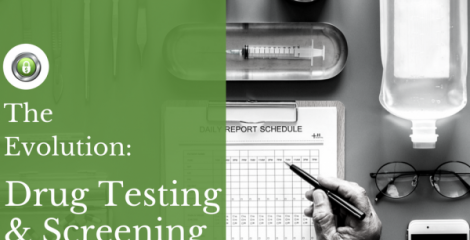In the past, drug screening has been a critical piece to acquiring long-term, dedicated and productive talent. During the past 6 years, things have changed dramatically in the workplace regarding marijuana and how this can affect drug testing and screening of the workforce. Though California was the first state to legalize marijuana for medical use, Colorado and Washington pioneered the legalization of cannabis for recreational use and Oregon and Alaska followed in 2014. But, what does this mean for the balance of the nation?
Drug screening and testing protocols across the nation are beginning to relax, chiefly among enterprise level corporations. With the anticipation of more states following suit, and over half of the remaining states permitting the use of cannabis, it has the potential to leave companies vulnerable to lawsuits.
To further complicate matters, some worker’s compensation issuers are denying coverage in circumstances if an employee is injured while under the influence of marijuana. The trend for workers’ compensation insurance carriers to reimburse injured workers for medical marijuana has continued to grow since the New Mexico state appellate court ruling in 2014.
Lastly, there is the muddied look into productivity and the use of marijuana. Does it boost or inhibit productivity? No doubt, there is a stigma that has been defined over the years with our media, but scientific evidence has proven otherwise. As an employer, how do you navigate the changing climate of cannabis use?
With the evolving social acceptance around the controversial subject, employers will need to discern what their stance is and how to navigate the recruitment of desired talent in a way that supports our budding state of acceptance of the use of marijuana. If you are unsure how to pursue this subject, you should begin opening these conversations with your internal Human Resource department or contact Payroll Vault directly for guidance.


